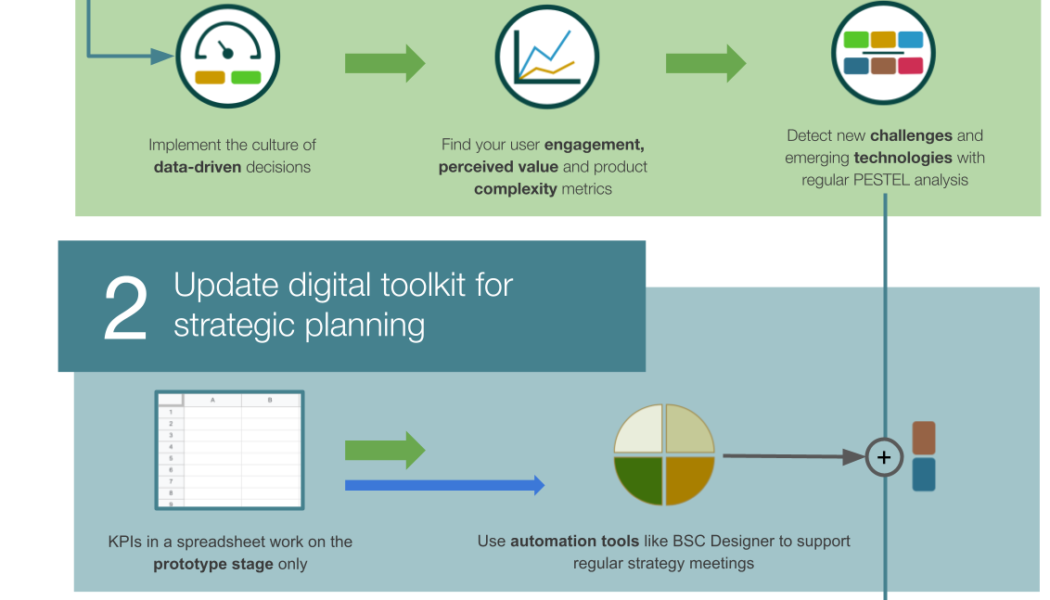The working world has changed drastically. Today, survey after survey shows workers want a hybrid work model. But what does the future workplace look like and how can organisations create a digital transformation journey that fits the new paradigm?
Marilyn Moodley, Country Leader for South Africa and WECA (West, East, Central Africa) at digital transformation specialist SoftwareONE, says the working landscape has changed forever.
“While the idea of a digital workplace has been taking shape for several years, the start of the pandemic accelerated the trend where we witnessed over three years’ worth of digital transformation in just three months. Organisations across the globe are trying to fine-tune their hybrid work environment. Doing so often requires a faster transition to a digital workplace, so all employees are afforded the same experience regardless of whether they work from the office, at home, or on the go.”
In this shifting landscape, it can be tough for organisations to keep up and create a digital workplace that meets the needs of their business and employees.
Hybrid challenges
At first, hastily adopted remote working tools and systems were not properly integrated. This opened the door to bad actors and cyberattacks increased sharply. Over 7 in 10 employees need to access, share, and receive sensitive customer data in their day-to-day work, yet 1 in 4 homeworkers claim to ‘rarely or never’ consider data protection when sharing information. “Rather than perform high-level strategic work that enables the organisation to keep pace with change, experienced personnel are constantly being pulled into to fight security fires,” notes Moodley.
Even if IT teams now have remote security under control, many digital transformation issues remain. Far too many digital transformation projects either fail outright or don’t achieve their digital transformation aims.
“Two of the biggest reasons for failure are unclear goals from top management and inadequate resources to scale projects. You cannot jump into a digital transformation journey and expect it to fix all your problems. Successful transformation is reliant on following a process, which starts with strategic planning, laying solid foundations, and then building new capabilities and ways of working that enable the business to grow and achieve its vision of success,” says Moodley.
Getting it right
Any organisation embarking on digital transformation must perform a ‘health check’ as a first step, says Moodley.
“Assess where you are and what systems, platforms, and applications you have. Then, think about where your business is going and whether your current IT infrastructure can get you there. Identify gaps, duplicated efforts, and what you could do differently to reach a better outcome. With the right intelligence it becomes much easier to identify the opportunities to optimise your IT infrastructure, which has the potential to have a huge impact on your business.”
The benefits of a solid digital transformation plan are far-reaching, but two perks you’ll experience almost right away are reduced costs and improved focus on strategic direction. “Right-sizing your infrastructure, getting rid of technologies you don’t need, and consolidating vendors will all impact the bottom line. Then, using technology to automate processes will free up talent to focus on strategic initiatives and enable growth,” says Moodley.
Of course, this seemingly straight-forward assessment, not to mention the implementation thereof, can be an immense task to complete. Consider getting expert help. “Most organisations right now have application sprawl and technology debt due to hastily adopted measures during the pandemic, as well as legacy system issues delaying their journey to cloud.
If you don’t take the time to properly integrate new systems into your existing environment, or fail to introduce its full functionality to employees, you won’t get a good return on your investment,” says Moodley.
“Microsoft 365 is a great example: According to research from Forrester, the ROI should be in the region of 163% over three years, with over half coming from business user automation and process improvements. Yet many organisations won’t achieve this because they adopted this application in a hurry before realising the setup and optimisation would be labour-intensive. On top of that, many organisations face a skills shortage right now. Outside experts with relevant, up-to-date skills can ensure that ROI is achieved, make the process much smoother and make the changes stick.”
Edited by Luis Monzon
Follow Luis Monzon on Twitter
Follow IT News Africa on Twitter










Tagged: android, Digital Transformation, Digital Transformation News, Digital Transformation Strategies, IT News, latest tech news, ROI, Software ONE, tech news, technology news